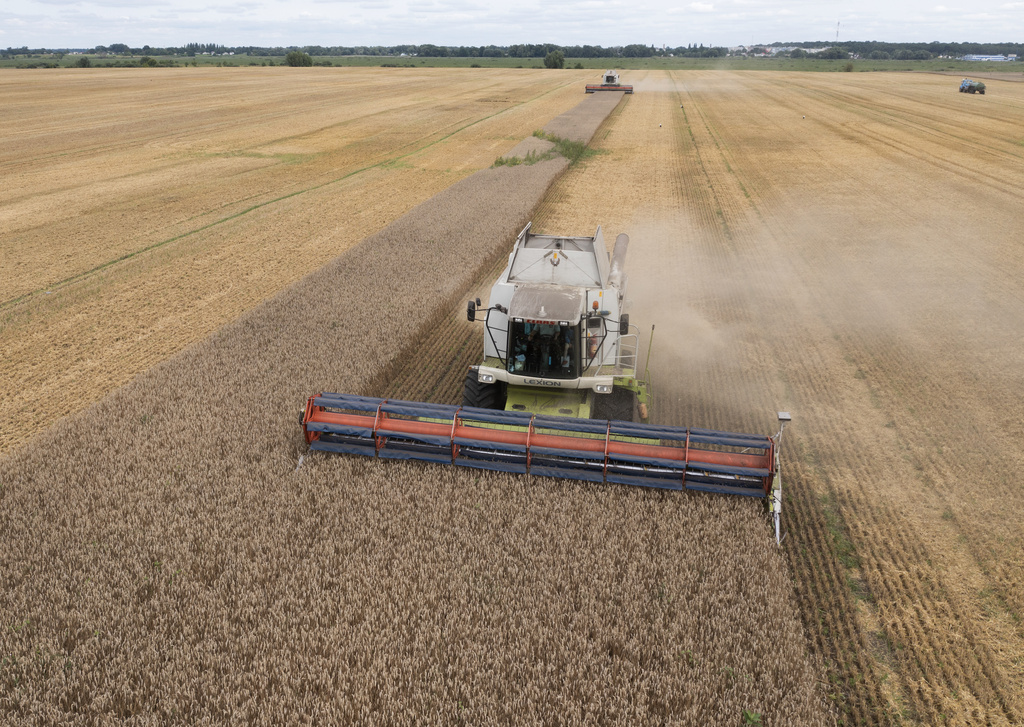The new Polish agriculture minister, Czesław Siekierski, believes that the embargo against Ukrainian grain must stay in place in order to ensure the security and quality of food. He argues that the previous Law and Justice (PiS) government was late to the party with measures to protect farmers from excessive imports from Ukraine, saying there was no strategy for dealing with the problem.
According to Siekierski, Ukraine’s food industry is not honoring the high quality standards that Poland has to meet inside the EU and that this has to be tackled by the EU to ensure a level playing field for Poland’s farmers and food industry.
The new Polish agriculture minister thinks that regulating relations with Ukraine within the EU is one of the priorities of Poland’s agriculture ministry, as concessions made for Kyiv have made the Polish market “uncompetitive.”
He added that his ministry faces challenges comparable to the time when Poland joined the EU, with the current situation being even more complex because the European market “has been practically opened” to Ukraine as a result of the abolition of quotas and liberalization of trade.
Siekierski said he thinks that in an economic sense Ukraine is already in the EU, but it does not actually meet the quality standards related to the production processes that apply to EU member states. He believes the EU needs to rethink its Green Deal policies to make Ukrainian accession viable without crippling Polish and EU agriculture.
When asked about the future of Polish agriculture, Siekierski answered that there is a need to ensure long-term contracts to stabilize production and prices and to fix the relations between farmers and wholesalers so that farmers are not disadvantaged.
He is in favor of shortening the chain between farmers and the food processing industry, as well as developing the system of insuring farms and giving farmers easier access to land they can lease to safely develop their production capacity.





